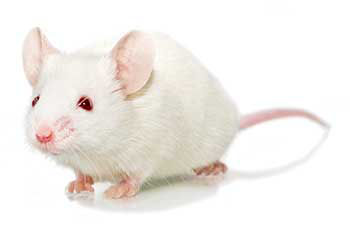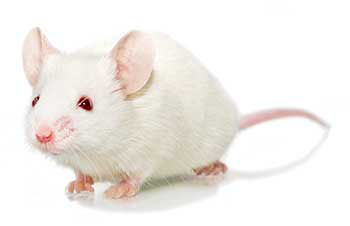Application Areas:
Il10 Knockout (BALB/c)

| Model No. | Nomenclature | Genotype |
|---|---|---|
| 15660-F | BALB/cAnNTac-Il10em7Tac | ko/ko |
| 15660-M | BALB/cAnNTac-Il10em7Tac | ko/ko |
- Description
- Related Products & Services
- Data
- Price & Licensing
- Health Report
- Overview
- Genetics
- Guides & Publications
- Applications & Therapeutic Areas
- Transit, Housing & Welfare
- Diet
Overview
Nomenclature: BALB/cAnNTac-Il10em7Tac
- Useful for studying colitis and immunoregulatory pathways
- Carries a deletion of the entire Il10 coding sequence
- Homozygous mice do not produce the anti-inflammatory cytokine IL-10
- Colitis severity and onset are expected to vary by genetic background in Il10 knockouts, with reported earlier onset and greater severity in BALB/c vs. C57BL/6 backgrounds (J Clin Invest. 1996 Aug 15;98(4):1010-20)
- Colitis in this model is highly microbiome-dependent; disease severity and age of onset will be affected by different facility microbiomes (Infect Immun. 1998 Nov;66(11):5224-31)
- Although germ-free Il10 knockouts do not develop colitis (Infect Immun. 1998 Nov;66(11):5224-31), the introduction of select microbes or fecal microbiomes induces rapid colitis onset in adult animals (Inflamm Bowel Dis. 2007 Dec;13(12):1457-66).
- This model was discontinued at the Germ Free health standard on November 1st, 2022.
- Phenotype update: Feedback from a pharma customer who received female 15660 mice from Taconic is that spontaneous colitis occurred in all vehicle treated animals. The disease progressed slowly without remission, with clinical onset at 15 wk of age until study termination at 20 wk of age. A clinically-relevant drug treatment was effective in reducing disease progression.
- The BALB/c Il10 Knockout at the Opportunist Free health standard (Taconic model #15660) is appropriate for studies involving rapid spontaneous disease onset. This model may be best for routine screening of new colitis therapeutics. The BALB/c Il10 Knockout is no longer available at the Germ Free Health Standard.
- The C57BL/6 Il10 Knockout is no longer available at the Opportunist Free health standard, but Germ Free mice can be associated with your flora of choice. It can also be used for crossbreeding to other GEMs on the C57BL/6 background, for example to study whether crossing to a particular knockout results in more or less severe disease as an insight into IBD mechanisms. Inquire for details on a crossbreeding license.
- The Germ Free C57BL/6 Il10 Knockout (Taconic model GF-16006 on C57BL/6 background) is the most appropriate model for microbiome studies, including investigations of mono-associations, specific complex microbiota compositions or patient-derived microbiota samples. Association of Germ Free Il10 Knockout mice can provide cohorts which develop accelerated and synchronized disease, which may cut down the timeline for drug screening.
Recommended Controls
The recommended control for this model is BALB/cAnNTac.
Origin
Genetics
Guides & Publications
Initial Publication: There is no specific publication describing the generation of these mice. The initial publication describing application of these mice is as follows:
Covington, M., et al. Preclinical Characterization of Itacitinib (INCB039110), a Novel Selective Inhibitor of JAK1, for the Treatment of Inflammatory Diseases. European Journal of Pharmacology 2020, 885:173505.
Additionally, multiple publications exist demonstrating applications using similar models. See reference list.
Other Publications:
Chen F, Wu W, Jin L, Millman A, Palma M, El-Naccache DW, Lothstein KE, Dong C, Edelblum KL, Gause WC. B Cells Produce the Tissue-Protective Protein RELMα during Helminth Infection, which Inhibits IL-17 Expression and Limits Emphysema. Cell Rep 2018 Dec 4; 25(10):2775-2783.
Applications & Therapeutic Areas
- Immunology
- Inflammation
- Autoimmune Disease
- Microbiome
- Inflammatory Bowel Disease
Transit, Housing & Welfare
Need more info? Click the live chat button or Contact Us
All 15660 mice are packed as cagemates, without recombination of animals from different cages into a single Taconic Transit Cage (TTC). We recommend that customers do NOT recombine 15660 mice from different Taconic Transit Cages into the same cage at or after unpacking.
Packing Practices
Taconic standard practice is to recombine animals of different home cages and/or ages from a single model and sex during packing, except in specific cases where Taconic's animal welfare policy prohibits recombination due to aggression or other concerns. When an order is fulfilled with animals from more than one week of birth, this standard practice results in animals from a range of birth weeks packed together in a single TTC. When an order is fulfilled with animals from genotyped models, this standard practice results in animals from different home cages packed together in a single TTC.
Customers who wish to keep animals from different weeks of birth separated should place orders with the special instruction "Divide and label by age." Note that this special request can result in increased costs for additional Taconic Transit Cages, dividers and/or freight charges.
Taconic discourages other types of custom packing requests as they can have a negative impact on animal welfare. Learn more.
Diet
- Services
Data
- Licensing
- Pricing - USD
- Pricing - EUR
- Pricing - DKK
- Pricing - USD Nonprofit
- Pricing - EUR Nonprofit
- Pricing - DKK Nonprofit
- Select my Health Standard
- Get Custom Pricing Guide
Il10 Knockout (BALB/c)
- Title to these Models and biological materials derived from them remains with Taconic.
- The Models will be used for research purposes only.
- The Models will not be bred or cross-bred except to obtain embryos or fetuses required for research purposes unless additional rights have been granted in writing by Taconic.
- The Models and biological materials derived from them will not be distributed to third parties or used for commercial purposes.
- Non-profit purchasers may not use this Model and/or biological materials derived from it in sponsored research or contract research studies unless it is purchased at the for-profit price.
Conditions of Use specific to Taconic Transgenic Models™ generated using CRISPR/Cas9
- This Model was generated using CRISPR/Cas9 technology. Taconic uses CRISPR/Cas9 technology to generate and/or distribute gene-edited models under licenses from The Broad Institute, Inc., the Massachusetts Institute of Technology, the President and Fellows of Harvard College, the University of Iowa Research Foundation and ERS Genomics.
- This Model and biological materials derived from it may only be used for purchasers' internal research purposes in the Field, unless purchaser otherwise has rights from the Broad covering such use. "Field" means use as a research tool for research purposes, and expressly excludes any (a) clinical use, (b) human, veterinary, livestock or agricultural use, or (c) manufacture, distribution, sale, promotion, use or other exploitation as a testing service, therapeutic or diagnostic for humans or animals.
- The Models and biological materials derived from them will not be sold or used to perform services for third parties (unless purchaser is acting on behalf of a third party to which they have communicated these Conditions of Use and which third party has accepted these Conditions of Use), or otherwise used for commercial purposes.
- Purchasers will only use the Models and biological materials derived from them in compliance with all applicable laws and regulations, including applicable human health and animal welfare laws and regulations.
- Each non-profit purchaser agrees that it, and not Taconic's licensors, shall be responsible for any liability, damage, loss or expense arising out of or related to purchaser's use of the purchased Models and any biological materials derived from them , including any breach of the Label License "Conditions of Use for Taconic Transgenic Models" by purchaser.
- Each for-profit purchaser further agrees that it shall indemnify, defend and hold harmless Taconic's licensors against any liability, damage, loss, or expense (including without limitation reasonable attorneys' fees and expenses) incurred by or imposed upon any of Taconic's licensors in connection with any claims, suits, investigations, actions, demands or judgments arising out of or related to purchaser's use of the purchased Models and any biological materials derived from them. Each purchaser acknowledges that the purchased Models and any biological materials derived from them and its use may be the subject of one or more issued patents and/or pending patent applications owned by Taconic's licensors, and the purchase of the Models does not convey a license under any claims in the foregoing patents or patent applications.
Pricing - USD
Opportunist Free (OF) Health Standard
15660 Female
15660-F Genotype ko/ko
Pilot-sized cohorts are readily available. Large cohort requests have a minimum 8-week lead time. An estimated lead time will be provided to you within 2-3 business days.
| Age in Weeks | Quantity 1 - 999 |
|---|---|
| 3 to 10 | US$309.00 |
Specialized Inventory
| 15660-RF Genotype ko/ko | Quantity 1 - 199 |
|---|---|
| retired female breeder | US$309.00 |
15660 Male
15660-M Genotype ko/ko
Cohorts are reserved upon order placement and will take 2-4 weeks to fulfill. An estimated lead time will be provided to you within 2-3 business days.
| Age in Weeks | Quantity 1 - 999 |
|---|---|
| 3 to 10 | US$309.00 |
Specialized Inventory
| 15660-RM Genotype ko/ko | Quantity 1 - 199 |
|---|---|
| retired male breeder | US$309.00 |
Pricing - EUR
Opportunist Free (OF) Health Standard
15660 Female
15660-F Genotype ko/ko
Pilot-sized cohorts are readily available. Large cohort requests have a minimum 8-week lead time. An estimated lead time will be provided to you within 2-3 business days.
| Age in Weeks | Quantity 1 - 999 |
|---|---|
| 3 to 10 | 284,00 € |
Specialized Inventory
| 15660-RF Genotype ko/ko | Quantity 1 - 199 |
|---|---|
| retired female breeder | 284,00 € |
15660 Male
15660-M Genotype ko/ko
Cohorts are reserved upon order placement and will take 2-4 weeks to fulfill. An estimated lead time will be provided to you within 2-3 business days.
| Age in Weeks | Quantity 1 - 999 |
|---|---|
| 3 to 10 | 284,00 € |
Specialized Inventory
| 15660-RM Genotype ko/ko | Quantity 1 - 199 |
|---|---|
| retired male breeder | 284,00 € |
Pricing - DKK
Opportunist Free (OF) Health Standard
15660 Female
15660-F Genotype ko/ko
Pilot-sized cohorts are readily available. Large cohort requests have a minimum 8-week lead time. An estimated lead time will be provided to you within 2-3 business days.
| Age in Weeks | Quantity 1 - 999 |
|---|---|
| 3 to 10 | kr.2.108,00 |
Specialized Inventory
| 15660-RF Genotype ko/ko | Quantity 1 - 199 |
|---|---|
| retired female breeder | kr.2.108,00 |
15660 Male
15660-M Genotype ko/ko
Cohorts are reserved upon order placement and will take 2-4 weeks to fulfill. An estimated lead time will be provided to you within 2-3 business days.
| Age in Weeks | Quantity 1 - 999 |
|---|---|
| 3 to 10 | kr.2.108,00 |
Specialized Inventory
| 15660-RM Genotype ko/ko | Quantity 1 - 199 |
|---|---|
| retired male breeder | kr.2.108,00 |
Pricing - USD Nonprofit
Opportunist Free (OF) Health Standard
15660 Female
15660-F Genotype ko/ko
Pilot-sized cohorts are readily available. Large cohort requests have a minimum 8-week lead time. An estimated lead time will be provided to you within 2-3 business days.
| Age in Weeks | Quantity 1 - 999 |
|---|---|
| 3 to 10 | US$289.00 |
Specialized Inventory
| 15660-RF Genotype ko/ko | Quantity 1 - 199 |
|---|---|
| retired female breeder | US$289.00 |
15660 Male
15660-M Genotype ko/ko
Cohorts are reserved upon order placement and will take 2-4 weeks to fulfill. An estimated lead time will be provided to you within 2-3 business days.
| Age in Weeks | Quantity 1 - 999 |
|---|---|
| 3 to 10 | US$289.00 |
Specialized Inventory
| 15660-RM Genotype ko/ko | Quantity 1 - 199 |
|---|---|
| retired male breeder | US$289.00 |
Pricing - EUR Nonprofit
Opportunist Free (OF) Health Standard
15660 Female
15660-F Genotype ko/ko
Pilot-sized cohorts are readily available. Large cohort requests have a minimum 8-week lead time. An estimated lead time will be provided to you within 2-3 business days.
| Age in Weeks | Quantity 1 - 999 |
|---|---|
| 3 to 10 | 263,00 € |
Specialized Inventory
| 15660-RF Genotype ko/ko | Quantity 1 - 199 |
|---|---|
| retired female breeder | 263,00 € |
15660 Male
15660-M Genotype ko/ko
Cohorts are reserved upon order placement and will take 2-4 weeks to fulfill. An estimated lead time will be provided to you within 2-3 business days.
| Age in Weeks | Quantity 1 - 999 |
|---|---|
| 3 to 10 | 263,00 € |
Specialized Inventory
| 15660-RM Genotype ko/ko | Quantity 1 - 199 |
|---|---|
| retired male breeder | 263,00 € |
Pricing - DKK Nonprofit
Opportunist Free (OF) Health Standard
15660 Female
15660-F Genotype ko/ko
Pilot-sized cohorts are readily available. Large cohort requests have a minimum 8-week lead time. An estimated lead time will be provided to you within 2-3 business days.
| Age in Weeks | Quantity 1 - 999 |
|---|---|
| 3 to 10 | kr.1.954,00 |
Specialized Inventory
| 15660-RF Genotype ko/ko | Quantity 1 - 199 |
|---|---|
| retired female breeder | kr.1.954,00 |
15660 Male
15660-M Genotype ko/ko
Cohorts are reserved upon order placement and will take 2-4 weeks to fulfill. An estimated lead time will be provided to you within 2-3 business days.
| Age in Weeks | Quantity 1 - 999 |
|---|---|
| 3 to 10 | kr.1.954,00 |
Specialized Inventory
| 15660-RM Genotype ko/ko | Quantity 1 - 199 |
|---|---|
| retired male breeder | kr.1.954,00 |
Select my Health Standard
Need help choosing the right Taconic Biosciences health standard for your research?
Use the Health Standard Selector to enter your exclusion list. The tool will tell you which health standards meet your requirements.
Get custom pricing guide
Schedule A Scientific Consultation
Connect directly with a member of our Scientific Solutions team who can help you select the most appropriate model and maximize your experimental success.
Related Models
Smart Select Program
Free Animal Model Trial: Quality & Compatibility Assurance
To help alleviate uncertainty in selecting a new model, we offer a free animal trial program that allows you to test the quality, consistency, and availability of Taconic’s rodent models. Pilot our most popular mouse or rat models in your facility at no cost to your organization with the Smart Select program.
- Evaluate a specific model strain, before making any financial investment
- Request up to 20 animals from one of the strains listed here to test for quality, consistency, and suitability for your experimental purpose
- Enjoy free ground shipping, where applicable (see table for more details)






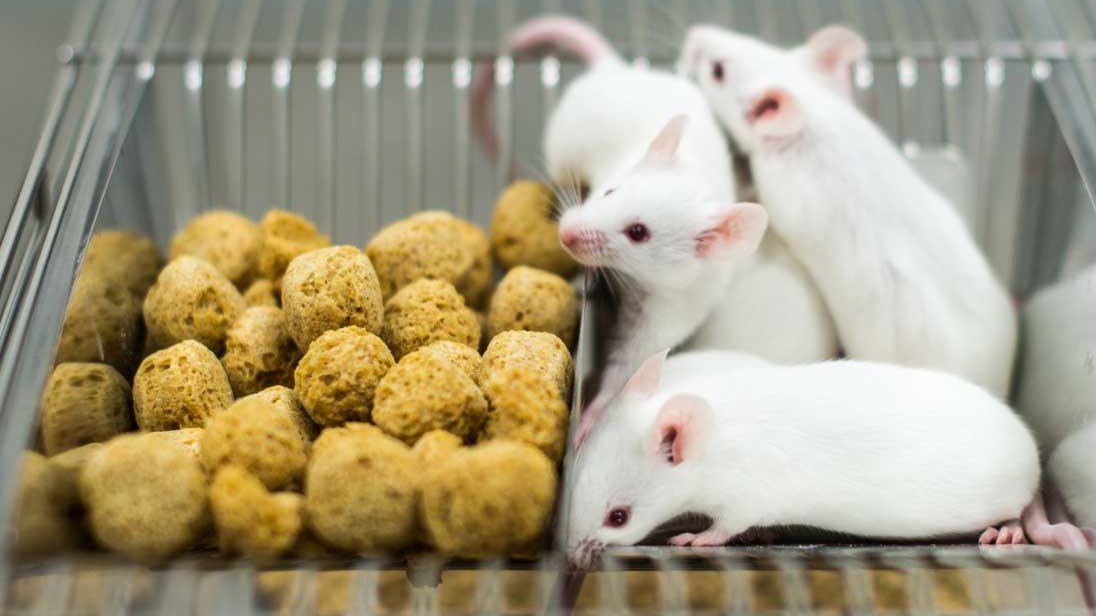
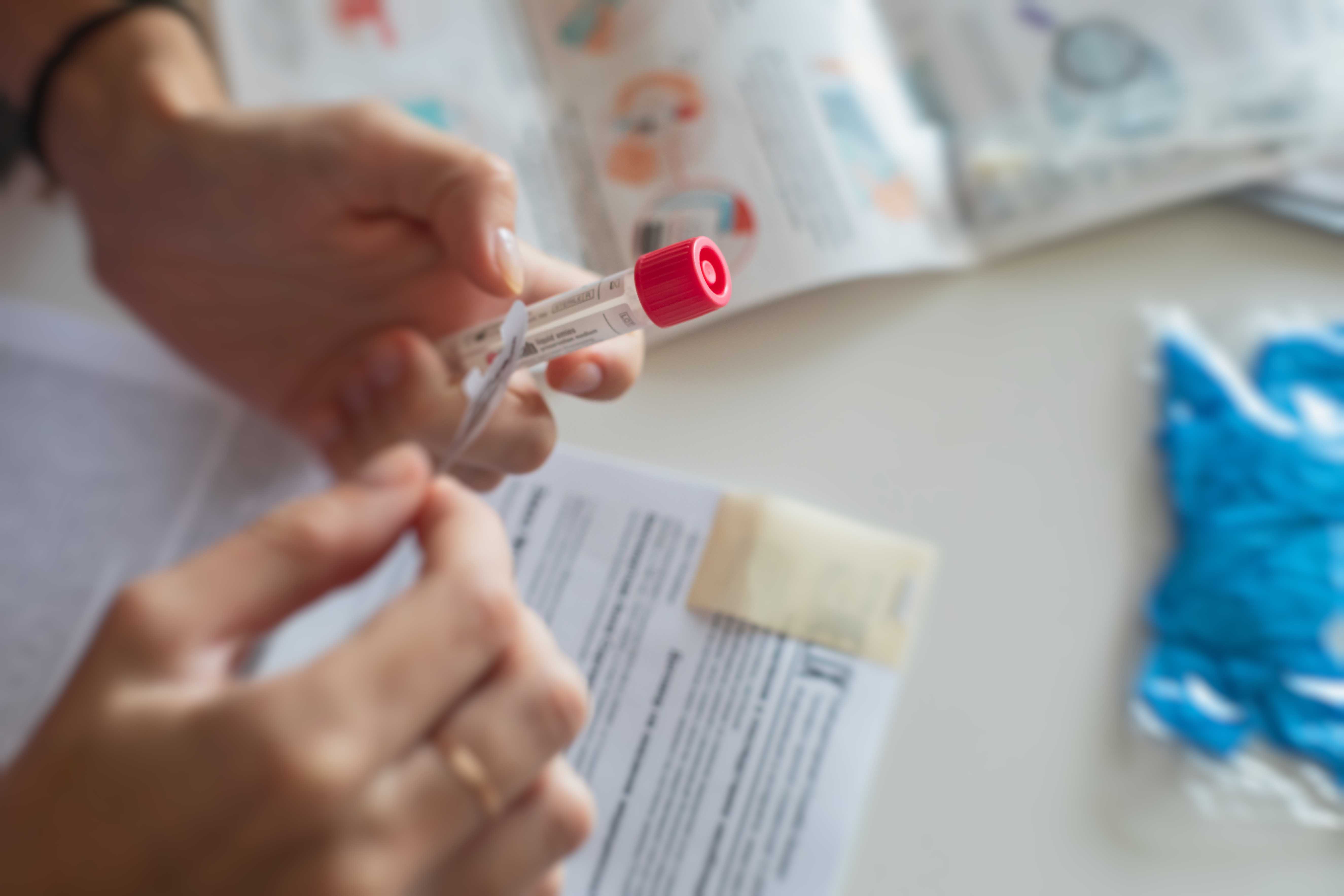







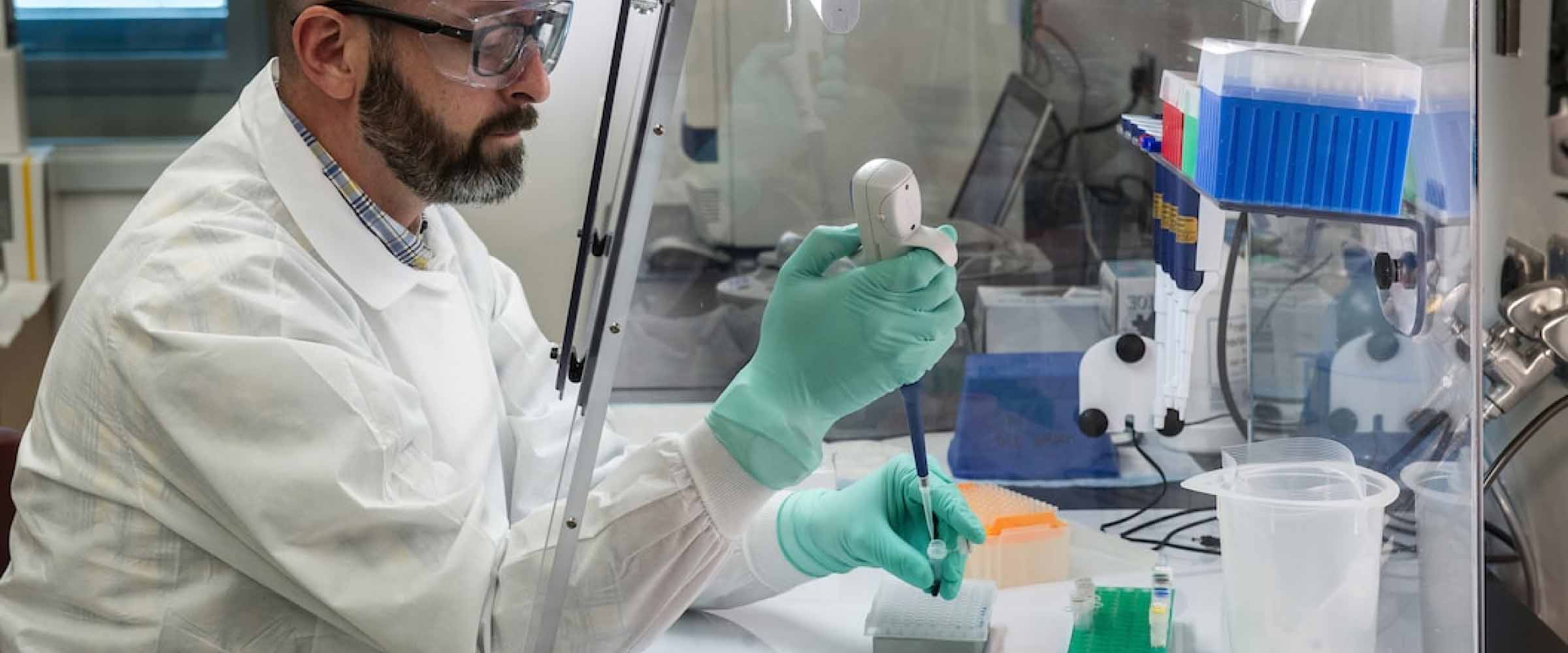
.jpg)

.jpg)
.jpg)
.jpg)
.jpg)
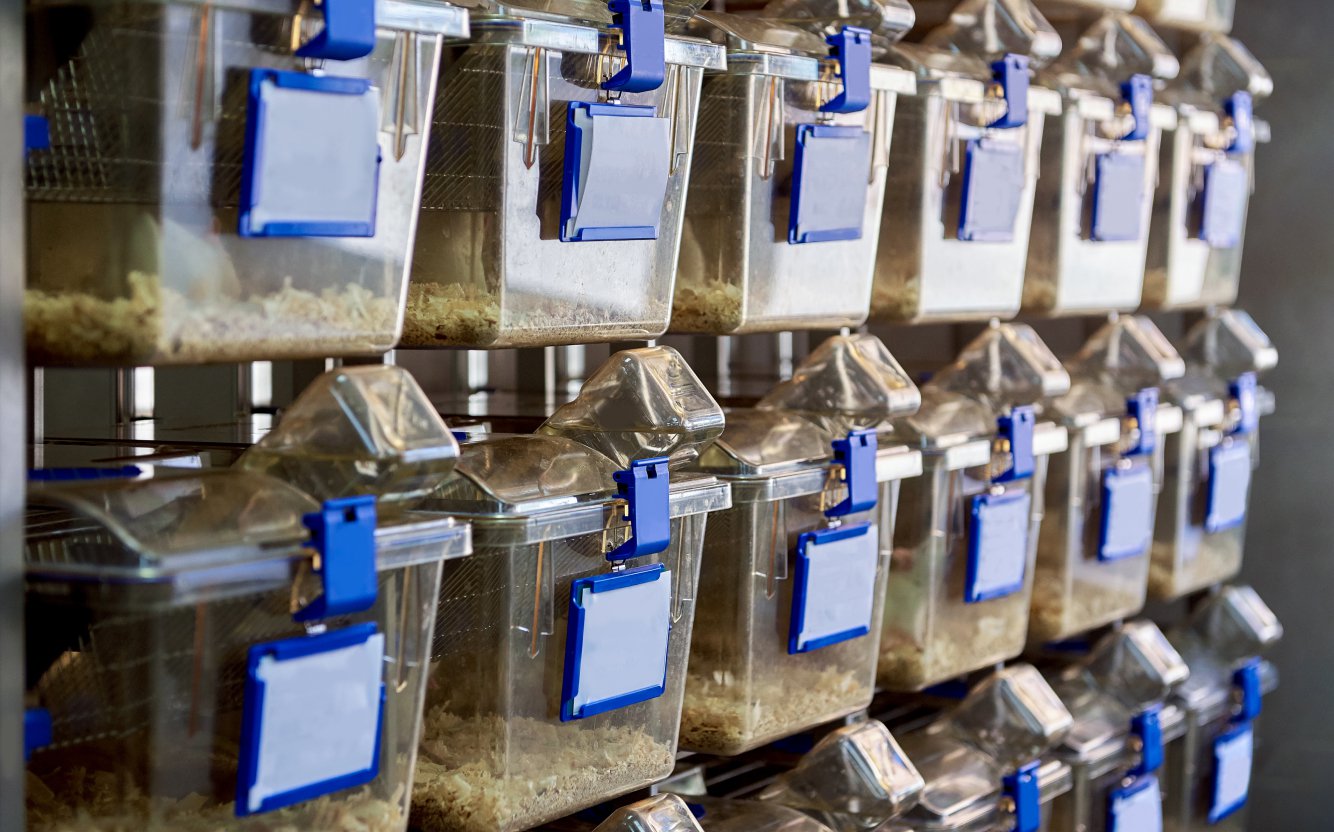
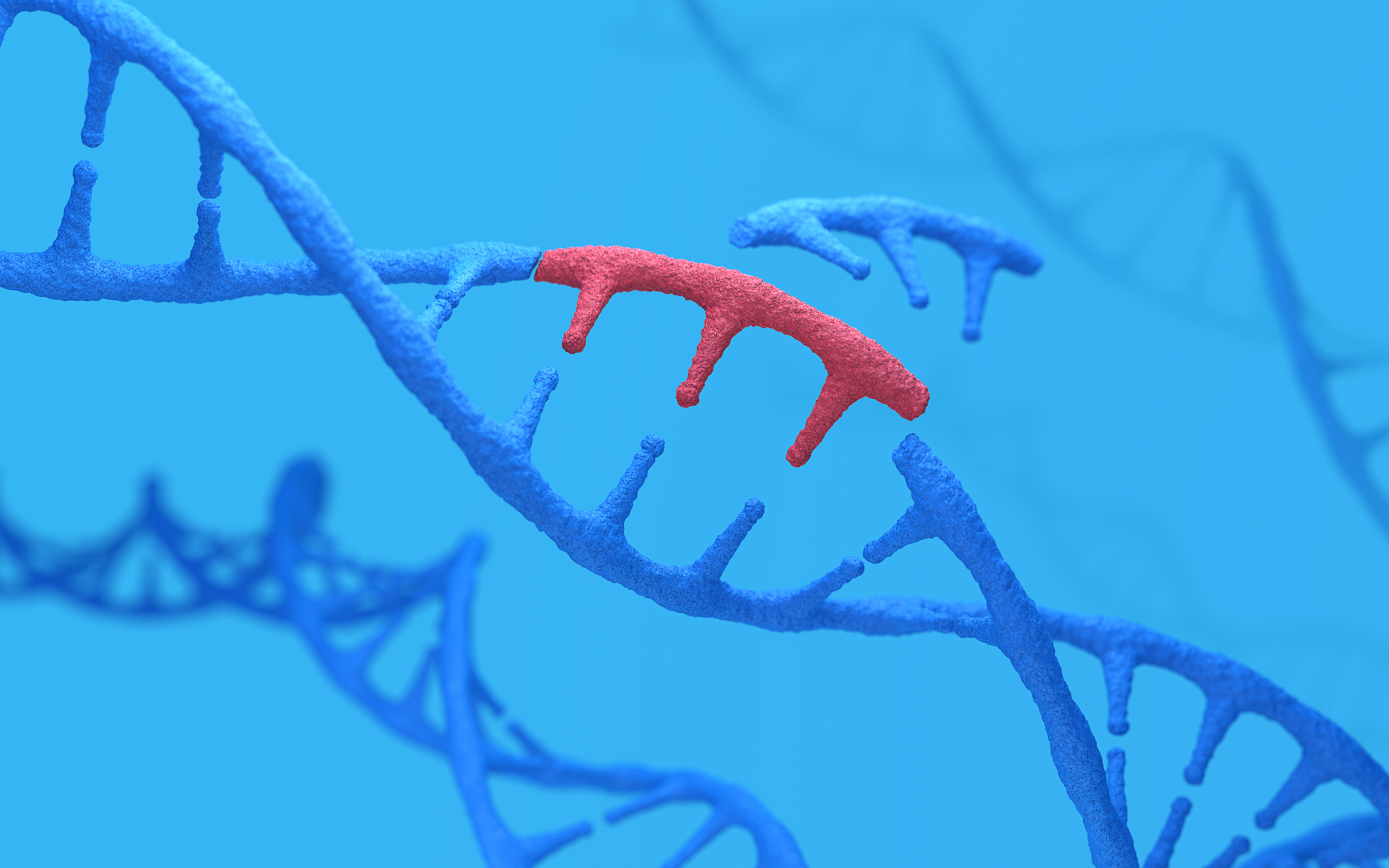
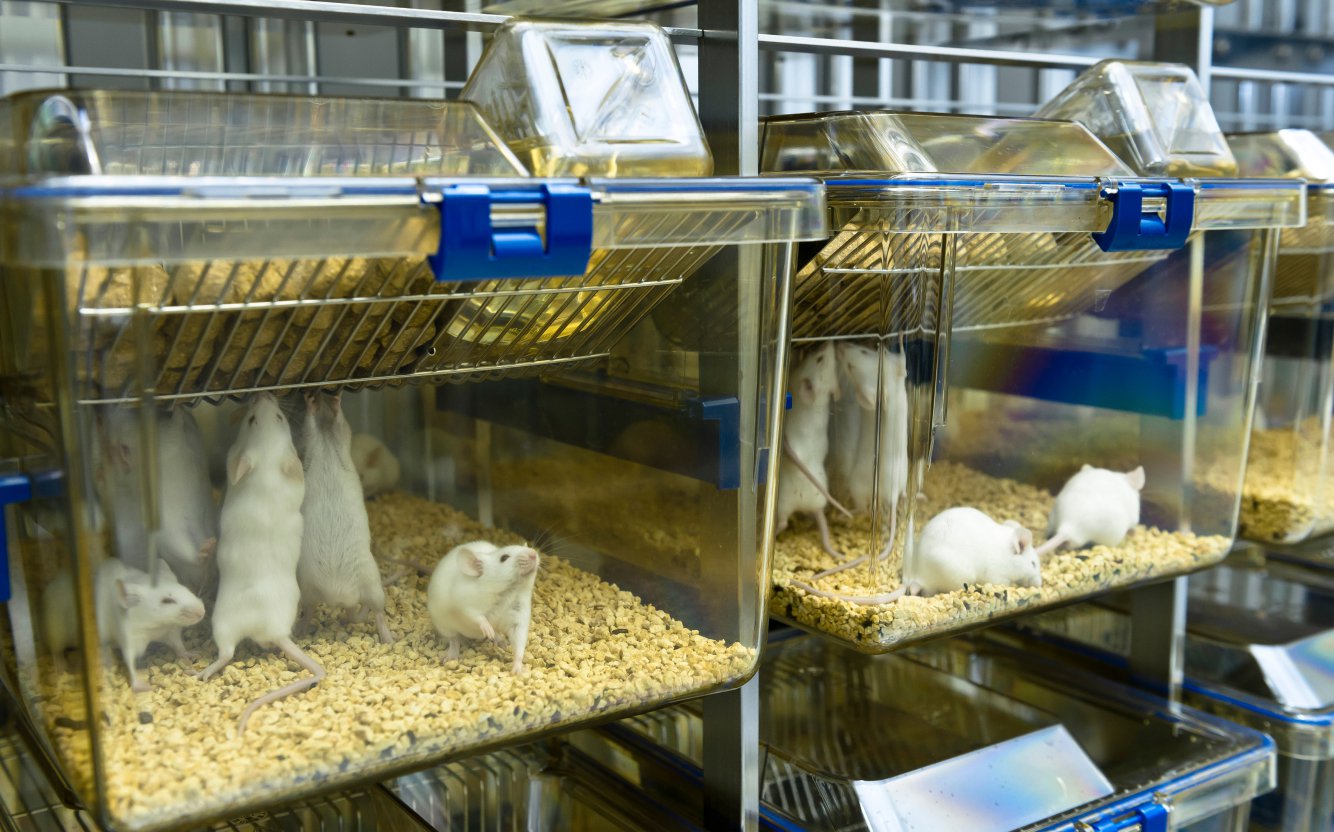


.jpg)

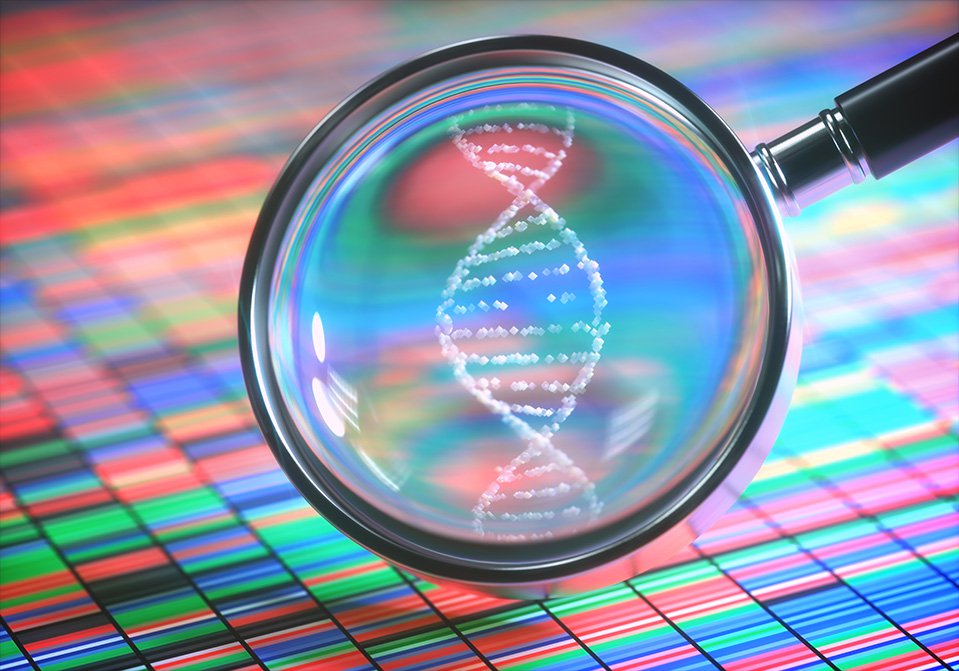
.jpg)
.jpg)

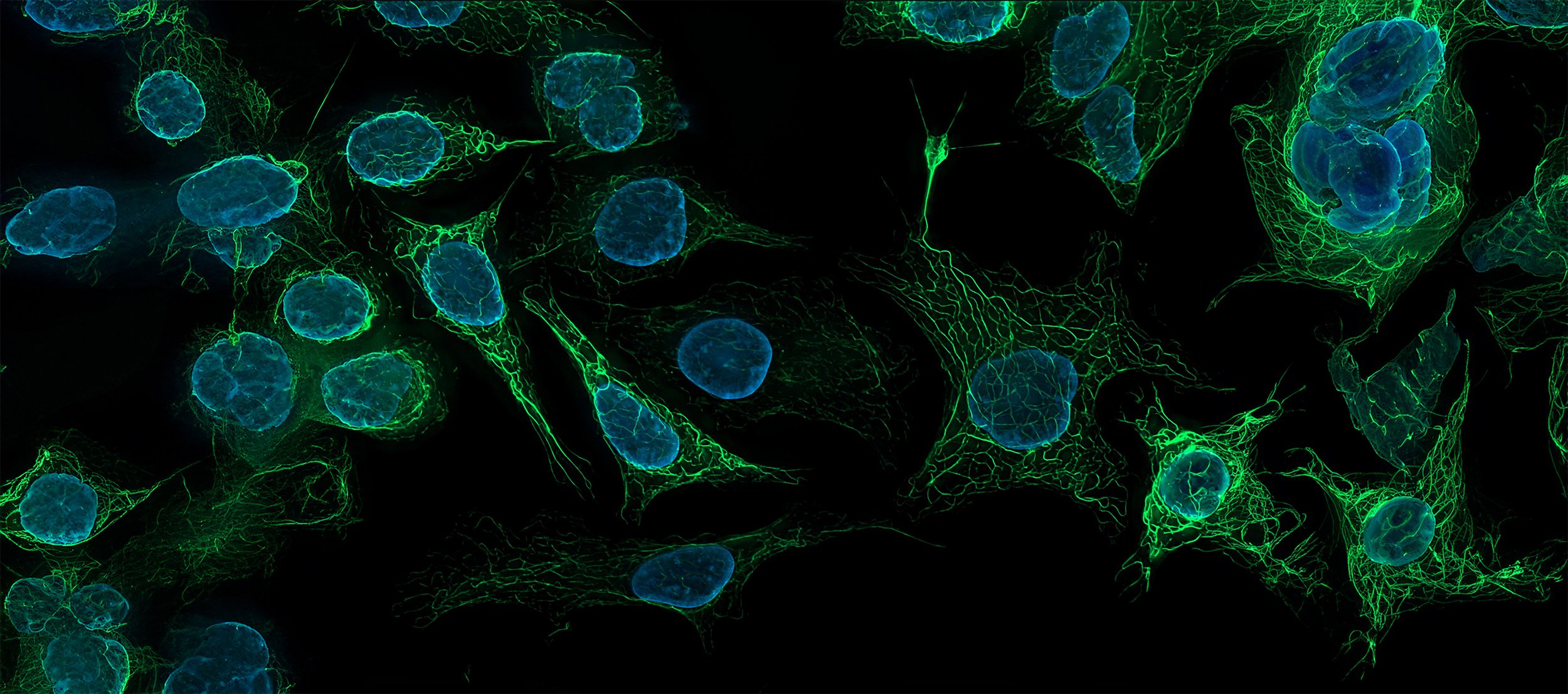
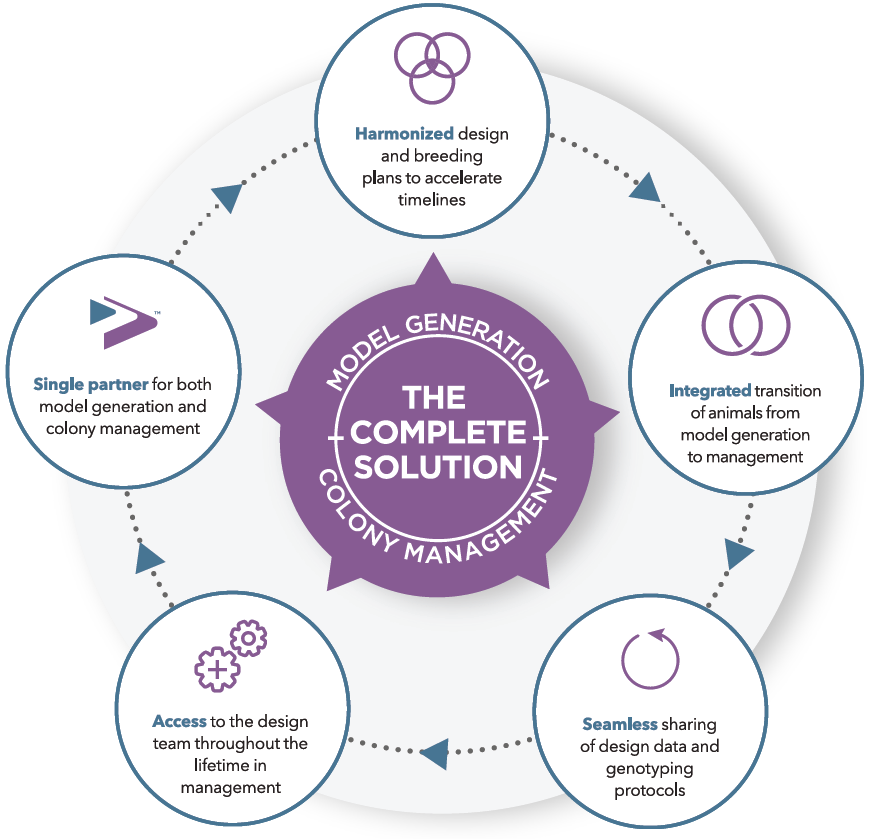
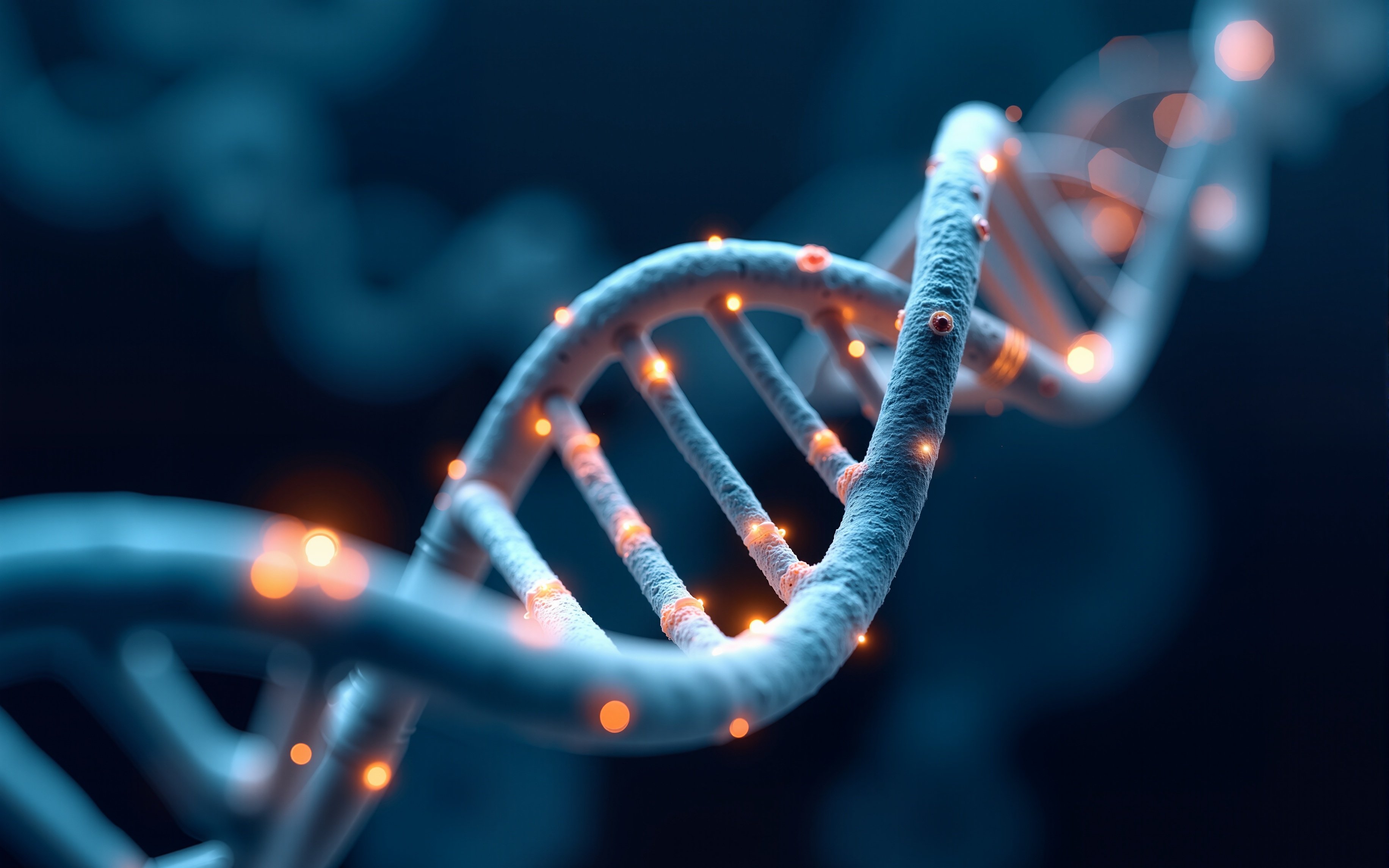
.jpg)

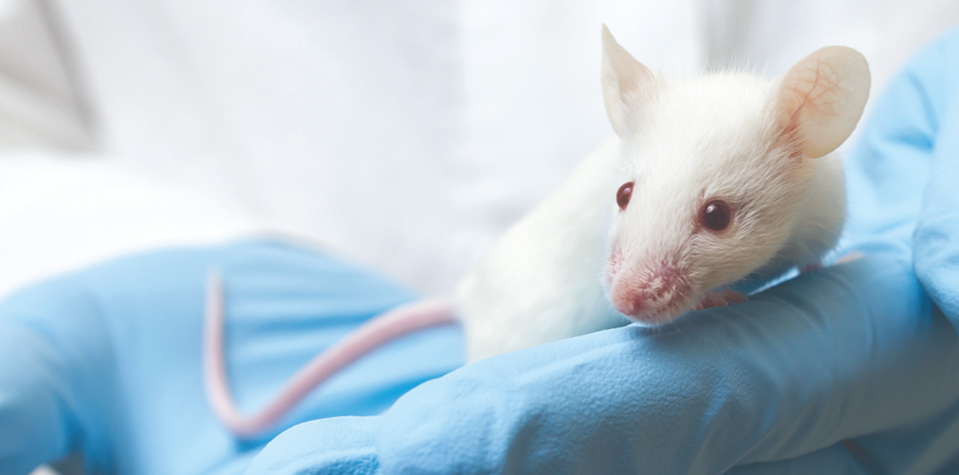

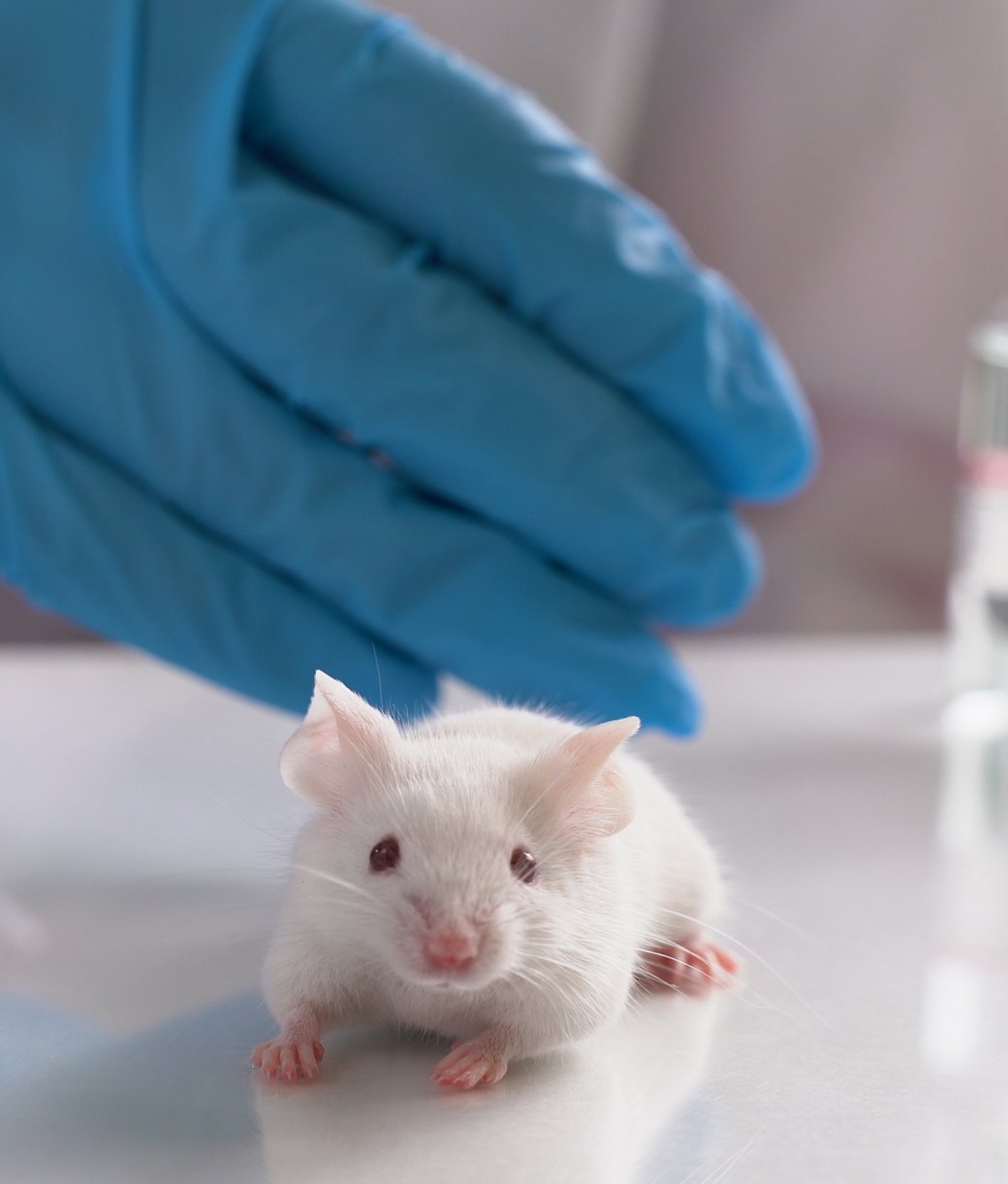

.jpg)

.jpg)






